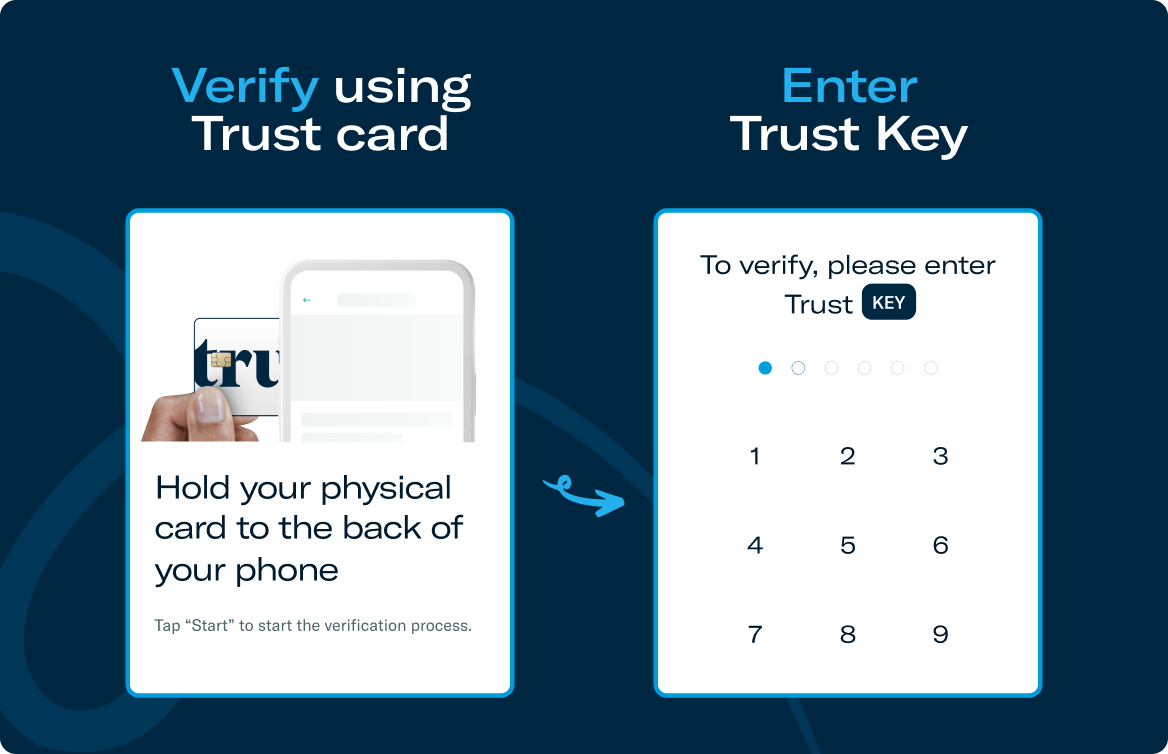One of Singapore’s digital banks, Trust Bank, will make it harder for users to transfer money out if they have chosen to better protect themselves from scams that are plaguing the city-state.
They can opt to lock up certain amounts of money in their bank accounts, so that additional steps would be needed before money can be transferred out.
This means logging in to the Trust Bank app, tapping a physical debit or credit card on a compatible phone with near-field communications (NFC) and entering a six-digital personalised key. On top of this, money can only be withdrawn 12 hours after the funds have been unlocked.
The digital bank, launched in 2022 as a joint venture between Standard Chartered and FairPrice Group, pitches the new feature introduced today as a way to bring extra security without sacrificing convenience.
Calling the feature a “market-first” tool against scams, chief product officer Aditya Gupta, said it would help keep customers’ money safe as scams evolve.
In essence, what the feature does is to add an additional layer of authentication – through a physical credit or debit card – to further confirm that funds can be unlocked.
Usually, users would only have to unlock their funds on their apps by confirming via a fingerprint scan or SMS passcode sent to their phones.
However, many scammers today trick victims into downloading mobile apps, through fake websites or QR codes that promise cheap deals or discounts, to take control of their phones. This enables the scammers to remotely drain bank accounts and retirement savings accounts.
Other banks have similar account locking features, but customers have to go to an ATM machine or bank branch to access the funds again. Trust Bank lets them unlock funds with their app and a credit or debit card.
The bank’s 12-hour waiting period will also go some ways to prevent potential victims from hurriedly sending money to scammers while under duress.
The Singapore police has warned that a recent scam tactic involves tricking victims into thinking they are being investigated for a crime. To aid investigators, they would be told, they’d have to send money across.
Last year, scam victims in Singapore lost a record S$1.1 billion, or more than S$3 million a day. This is despite efforts to block scam calls and messages, educate users regularly and even empower police to freeze bank accounts of victims.








